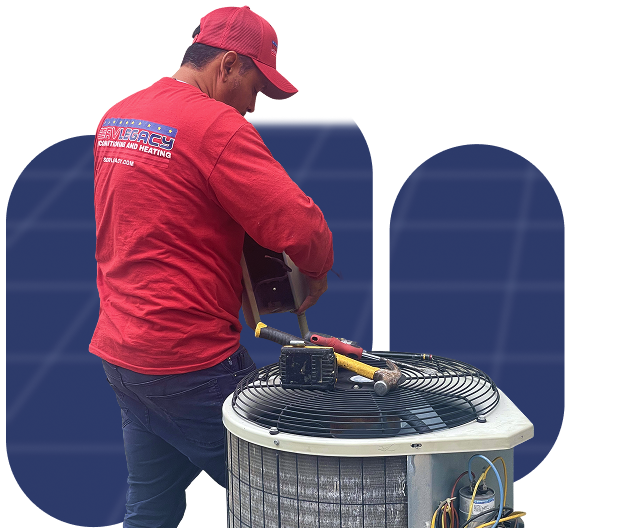Selecting the right air conditioning system for your home can be a challenging task, especially with so many options available on the market. Here is a step-by-step guide to help you make the best decision for your home.
1. Evaluate the Size of Your Home
The size of your home is a crucial factor when choosing an air conditioner. A system that is too small won’t cool adequately, while one that is too large will consume more energy than necessary. The capacity of an air conditioner is measured in BTU (British Thermal Units), and there are specific formulas to calculate how many BTU you need:
- For small rooms (up to 20 m²): Between 5,000 and 6,000 BTU.
- For medium-sized rooms (20-40 m²): Between 7,000 and 10,000 BTU.
- For large spaces (more than 40 m²): More than 12,000 BTU.
2. Consider the Type of System
There are several types of air conditioning systems, each with its pros and cons:
- Window Air Conditioner: Ideal for individual rooms. It is easy to install and more economical but can be noisy and block the view.
- Portable Air Conditioner: Versatile and mobile, perfect for those who move frequently. However, they are usually less efficient and noisier.
- Split Systems: Consists of an indoor unit and an outdoor unit. They are quiet and efficient, ideal for cooling multiple rooms.
- Central Systems: Cool the entire house through ducts. They are the most expensive to install but offer the best efficiency and comfort.
3. Energy Efficiency
Look for units with a high Seasonal Energy Efficiency Ratio (SEER) rating. A higher SEER indicates greater efficiency, which translates to lower energy costs in the long run. Also, consider units with the Energy Star label, which guarantees efficient performance.
4. Additional Features
Nowadays, many air conditioners offer additional features that can be beneficial:
- Remote Control: To adjust the temperature without moving.
- Programming: Allows you to set on and off schedules to save energy.
- Dehumidifier: Reduces air humidity, improving comfort.
- Integrated Wi-Fi: To control the system from your smartphone.
5. Cost and Budget
Finally, consider your budget. Think not only about the initial purchase and installation cost but also the operating and maintenance expenses. A more efficient system may have a higher initial cost but can save you money on energy bills in the long run.
Choosing the best air conditioning system for your home depends on several factors, including the size of your home, the type of system you prefer, energy efficiency, additional features, and your budget. By carefully considering each of these aspects, you can find the system that best suits your needs and provides optimal comfort during the hottest months of the year.



